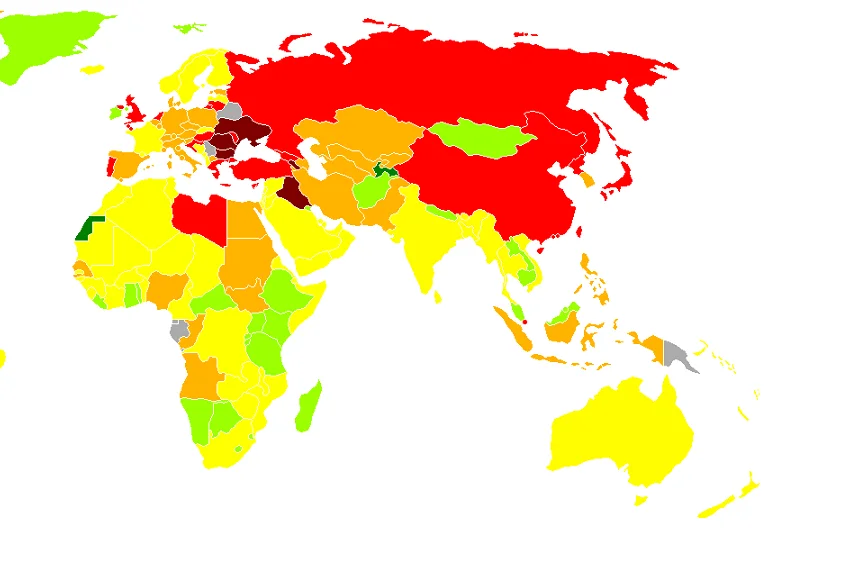Navigating the Complexities of Copyright Law for Online Businesses
- January 11, 2025
- By Sarita Thomas
- Read 4 minutes
Navigating the complexities of copyright law is crucial for online businesses as it helps to protect their original works and ensures compliance with the law. Copyright law grants exclusive rights to creators of original works, such as music, videos, and software, and governs their use and distribution. Failing to understand and adhere to copyright law can result in costly lawsuits and damage to a business’s reputation. By understanding the basics of copyright law and taking steps to protect their works, online businesses can mitigate their legal risks and secure their creative assets.
The key elements of copyright law include protection for original works such as music, videos, and software, as well as the exclusive rights granted to the creators of such works. These rights include the right to reproduce, distribute, and publicly perform the work. For online businesses, it is important to understand how these rights apply to their operations and to ensure they are not engaging in any activities that may infringe on someone else’s copyright. This can include obtaining proper licenses or permissions for use of copyrighted works and registering their own works with the Copyright Office to strengthen their legal protections. By being aware of the key elements of copyright law and how they apply to their business, online companies can operate with confidence and avoid any legal issues.
Exclusive rights granted to copyright owners
Copyright law grants exclusive rights to the owners of original works, such as music, videos, software, and more. These exclusive rights give the copyright owner the ability to control how their work is used and distributed. The following are the exclusive rights granted to copyright owners:
- Reproduction Right: The right to make copies of the work, including creating digital copies for distribution online.
- Distribution Right: The right to distribute the work to the public, either by selling copies, licensing the work, or making it available online.
- Public Performance Right: The right to perform the work in public, such as playing music at a concert or showing a movie in a theater.
- Public Display Right: The right to display the work publicly, such as displaying a painting in a museum or showing a video on a website.
For online businesses, it is important to understand these exclusive rights and ensure they are not infringing on someone else’s copyright. This can include obtaining proper licenses or permissions for use of copyrighted works and registering their own works with the Copyright Office to strengthen their legal protections. By being aware of the exclusive rights granted to copyright owners, online businesses can operate with confidence and avoid any legal issues.
Copyright Infringement and Online Businesses
Copyright infringement occurs when someone uses a copyrighted work without permission or in violation of the copyright owner’s exclusive rights, such as reproducing, distributing, or publicly performing the work. This can also occur in the online space through actions such as unauthorized sharing, downloading, or uploading of copyrighted works. It is important for online businesses to understand what constitutes copyright infringement to avoid legal repercussions.
Common types of copyright infringement in online businesses include unauthorized use of copyrighted music, videos, software, and images without proper licensing or permission. This can also include sharing or distributing copyrighted works without permission, selling counterfeit copies of copyrighted works, or using someone else’s work as your own without proper attribution. Understanding these types of infringement is crucial for online businesses to avoid legal consequences and protect their own original works.
The consequences of copyright infringement for online businesses can be severe and include costly lawsuits, damages, and attorney fees. Infringement can also lead to loss of reputation and damage to the business’s brand. In some cases, infringing businesses may be ordered to stop all infringing activities and to pay compensation to the copyright owner. It is important for online businesses to understand and avoid copyright infringement to protect their financial stability and reputation.
Protecting Your Business from Copyright Infringement
- Educate yourself: Understand the basics of copyright law and how it applies to your business.
- Register your works: Register your original works with the Copyright Office to strengthen your legal protections.
- Obtain proper licenses and permissions: When using someone else’s work, obtain proper licenses or permissions from the copyright owner.
- Use caution when using third-party content: Be careful when using third-party content and ensure it does not infringe on someone else’s copyright.
- Implement a copyright policy: Develop and implement a copyright policy for your business to ensure compliance with the law.
- Monitor your online presence: Regularly monitor your online presence for any potential infringement issues and take appropriate action if necessary.
- Seek legal advice: If you have any questions or concerns about copyright law, seek advice from a qualified attorney.
Strategies for Navigating the Complexities of Copyright Law
- Hire a knowledgeable attorney: Consider hiring an attorney with expertise in copyright law to help navigate the complexities of the law and ensure compliance with regulations.
- Stay up-to-date on changes in the law: Regularly monitor changes in copyright law and regulations to ensure your business remains compliant.
- Implement proper copyright policies: Develop and implement a comprehensive copyright policy for your business to guide employees and ensure compliance with the law.
- Obtain proper licenses and permissions: When using someone else’s work, make sure to obtain proper licenses or permissions from the copyright owner to avoid infringement.
- Keep accurate records: Maintain accurate records of all licensing and permission agreements to avoid confusion or disputes in the future.
- Act quickly to address infringement: If your business is facing a potential infringement issue, act quickly to address the issue and avoid legal consequences.
- Utilize technology solutions: Utilize technology solutions, such as digital rights management systems, to monitor and protect your copyrighted works.
Sarita Thomas
Latest Blogs
Blog Categories
- Intellectual Property (IP) Strategy (85)
- Intellectual Property Asset Management (IPAM) (17)
- IP Monetization (4)
- IP News (7)
- Patent Drafting (2)
- Patent Litigation (6)
- Patent Prosecution (8)
- Patenting (18)









No comment yet, add your voice below!